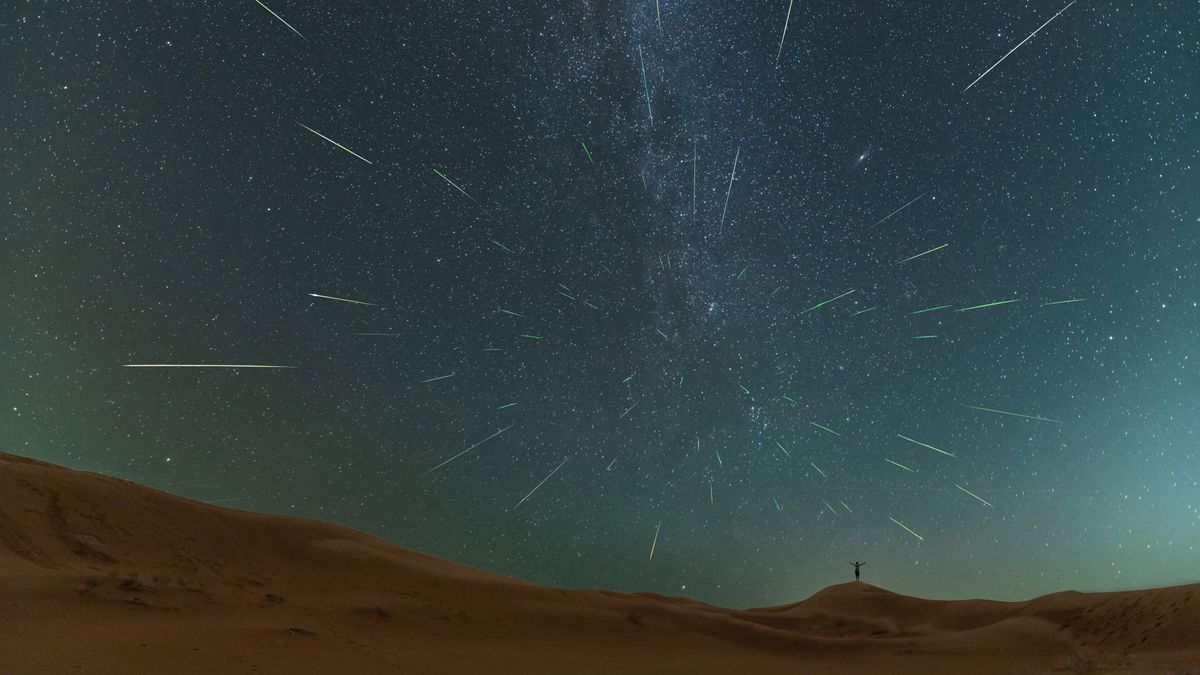Time: 2024-07-15
The much - anticipated Perseids meteor shower is set to grace the night sky with its dazzling display from July 14 through September 1 , 2024 . With the peak night scheduled for Monday , August 11 through Tuesday , August 12 , skywatchers are in for a treat . The American Meteor Society has pinpointed the peak to be around 04:00 UTC on August 12 , offering a window of eight hours before and after for optimal meteor viewing . Expect to witness approximately 50 shooting stars per hour streaking across the sky during this time.

The Perseids meteor shower is caused by dust and debris left in the inner solar system by Comet 109P / Swift - Tuttle , a comet that orbits the sun every 133 years . Discovered in 1862 by Lewis Swift and Horace Tuttle , this celestial phenomenon results in shooting stars emanating from the constellation Perseus in the northeastern night sky . As these meteors collide with Earth 's atmosphere at speeds of 37 miles per second , they create mesmerizing streaks of light known as " shooting stars . "
To optimize your viewing experience , NASA recommends escaping urban light pollution by venturing to an International Dark Sky Park for a clear , unobstructed view of the night sky . It 's advisable to dress warmly , exercise patience , and refrain from using telescopes or binoculars to enhance your chances of spotting shooting stars . Remember to avoid bright lights , like cellphones , to preserve your night vision and use red light instead.
Beyond the Perseids meteor shower , the summer night sky offers a plethora of minor meteor displays that enrich the cosmic tapestry . Between late July and the third week of August , sky gazers may witness various meteor streams , including the Capricornids , Delta Aquarids , Piscis Australids , Alpha Capricornids , Iota Aquarids , and Kappa Cygnids . Each shower contributes a unique blend of meteors with differing colors , speeds , and trajectories.
The Earth 's encounters with these meteoric streams peak in the predawn hours , offering a prime viewing opportunity for meteor enthusiasts . While the Perseids steal the spotlight in August , the preceding and subsequent minor showers provide an enchanting celestial experience . Whether you 're observing the radiant points for these meteor showers or admiring sporadic meteors scattered across the night sky , each meteoric event promises a captivating display.
As the summer night sky comes alive with shooting stars and meteor showers , embrace the tranquil beauty of meteor observing . Delve into the awe - inspiring world of celestial phenomena and immerse yourself in the magic of summer meteors . Remember , all you need is your eyes and a dash of patience to savor the celestial spectacle unfolding above.